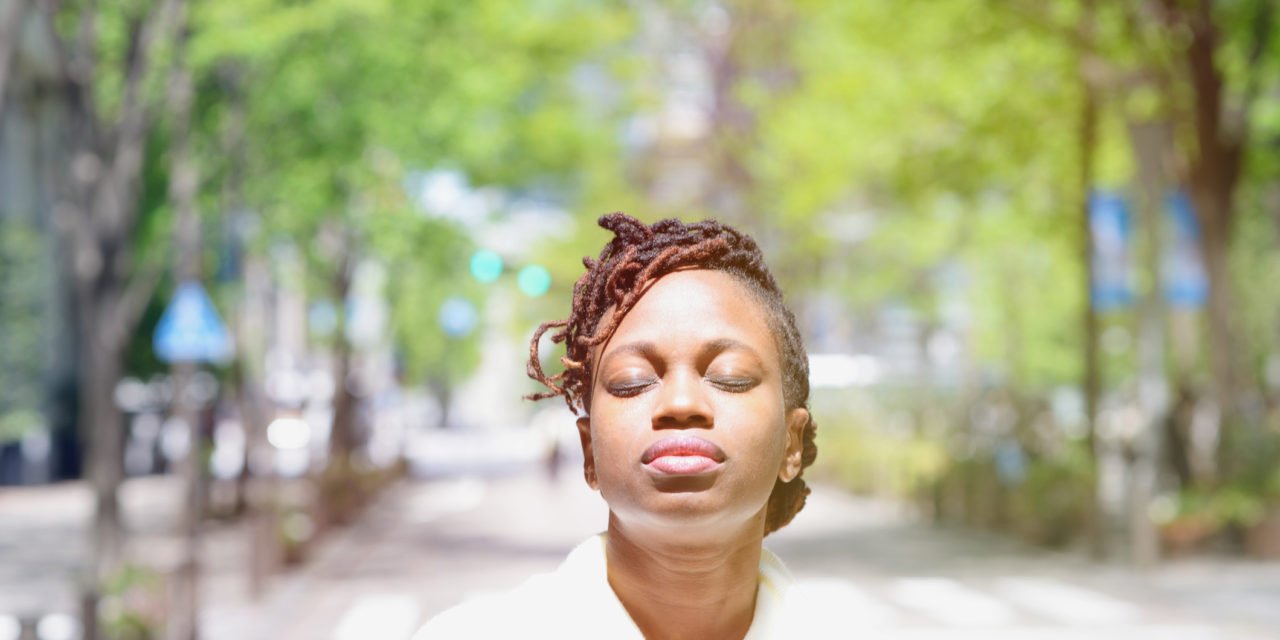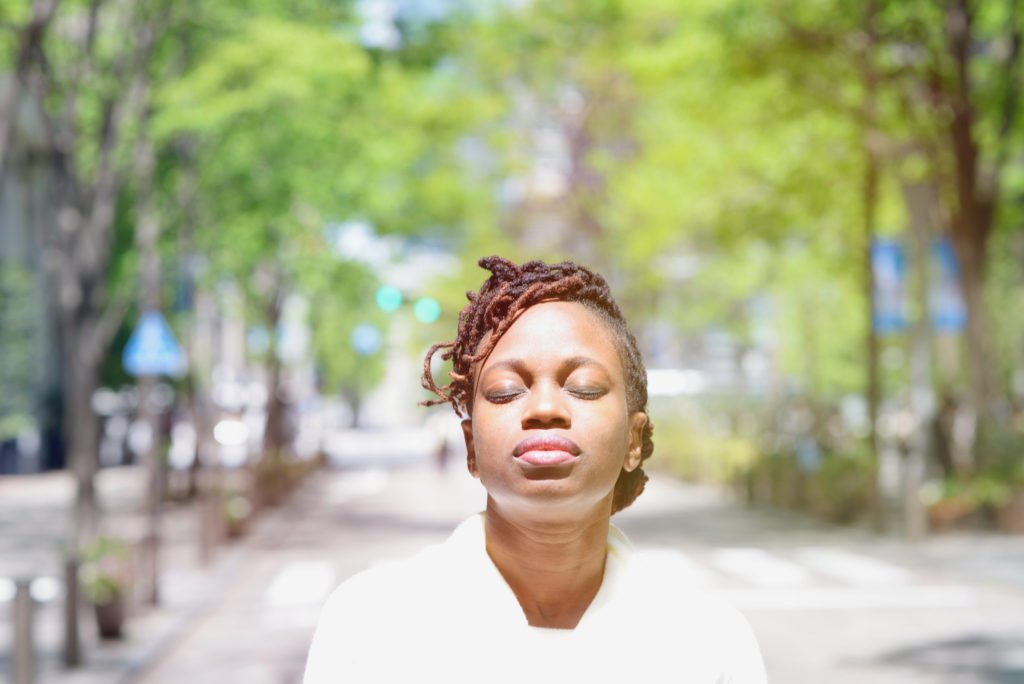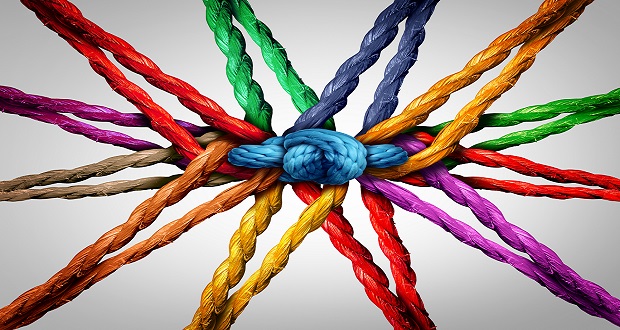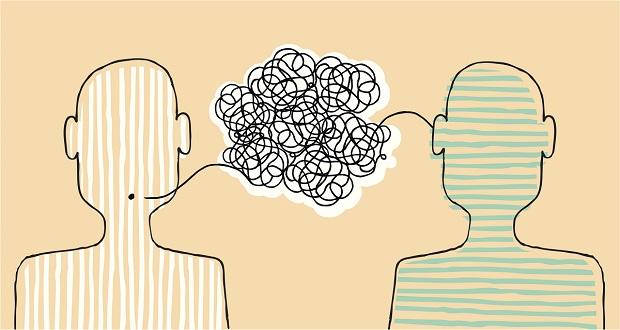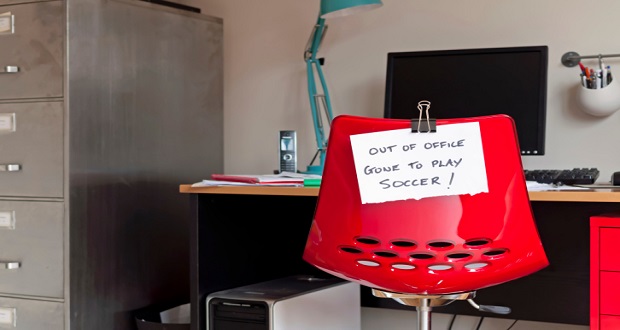The last time we spoke, we talked about how healthcare discrimination and the inequitable delivery of healthcare have led to a global pandemic – with a bullseye on already struggling communities of color.
Today, I want to talk to you about Black mental health. July is Black or BIPOC mental health month. I know, it is August. I want to talk to you about Black and BIPOC mental health today anyways. As with almost every topic or issue, Black/African Americans are impacted by mental illness in disparate ways.
Recently, my sister and I were conversing about a close family member. The conversation led to how this individual has suffered from a long-undiagnosed mental illness. It was eventually diagnosed, but this person then hid their diagnosis from others. We all could have benefited if this person’s mental illness had been diagnosed, treated, supported, and lived with… not “survived” with but lived with.
My sister referred to the person’s mental illness or its symptoms as their “superpowers.” It was the first time I had ever heard of mental illness, or its symptomology referred to as such. With this person, it fits. It is a very optimistic and “living your life to its fullness” way of approaching mental illness. This could also be perceived as a “toxically positive” interpretation projected by people who are not struggling with mental illness themselves.
There are clear links between untreated mental illness, substance abuse, and crime. Importantly: Mentally ill people are disproportionally victims of violent crimes. Also, untreated mental illness increases the risk of unemployment, substance abuse, and perpetrating a crime. Collectively, this means that mental illness treatment would reduce harm being committed both against and by mentally ill individuals.
Mental illness treatment would reduce harm being committed both against and by mentally ill individuals. Click To TweetA person’s poverty level can impact their mental status. This is just one reason why it is significant to note that the poverty level of Black Americans was 2.5 times the national average in the 2014 census, and rose to double the rate versus White Americans in the 2019 census (18.8% Black and African Americans; 9.1% White Americans). Also, 16% of Black/African Americans report having a mental illness within the past year. That’s 7 million Black people experiencing some form of mental illness in the past year. Many also report untreated mental illness, including feelings of hopelessness, helplessness, and worthlessness.
BIPOC people, and even more significantly Black and African American people, do not receive treatment for mental illness for many reasons. There is the medical distrust that we explored last time when speaking about Black women’s maternal health. Black and African American people have been experimented on, mistreated, and taken advantage of as it relates to mental illness far too many times to list. This abuse meant for those subjected to it that their uphill battle became an uphill battle in 90 degrees with no water in sight.
Back to the conversation with my sister. She was expressing anger toward the family member for not revealing, or advocating for others considering, their mental health diagnosis. While I understand and at times experience that same anger, I also must recognize the context of the world that person was living in: I grew up in Boston, Massachusetts, and when I tell people this, they usually bring up the Kennedy family. One of the Kennedy daughters was institutionalized and had a lobotomy performed on her. A Kennedy daughter. What would’ve happened to a Black woman in Dorchester with severe mental illness? The prognosis isn’t and wouldn’t have been good.
I grew up in Boston. One of the Kennedy daughters was institutionalized and had a lobotomy performed. A Kennedy. What would’ve happened to a Black woman in Dorchester with severe mental illness? Click To TweetJuly is Black and BIPOC Mental Health month. The goal is not to survive. The goal is to live with mental health acceptance and awareness every day. Or at least, that is what I heard the therapists say (wink, wink).
July is Black and #BIPOCMentalHealth month. The goal is not to survive. The goal is to live with mental health acceptance and awareness every day. Or at least, that is what I heard the therapists say (wink, wink). Click To Tweet
